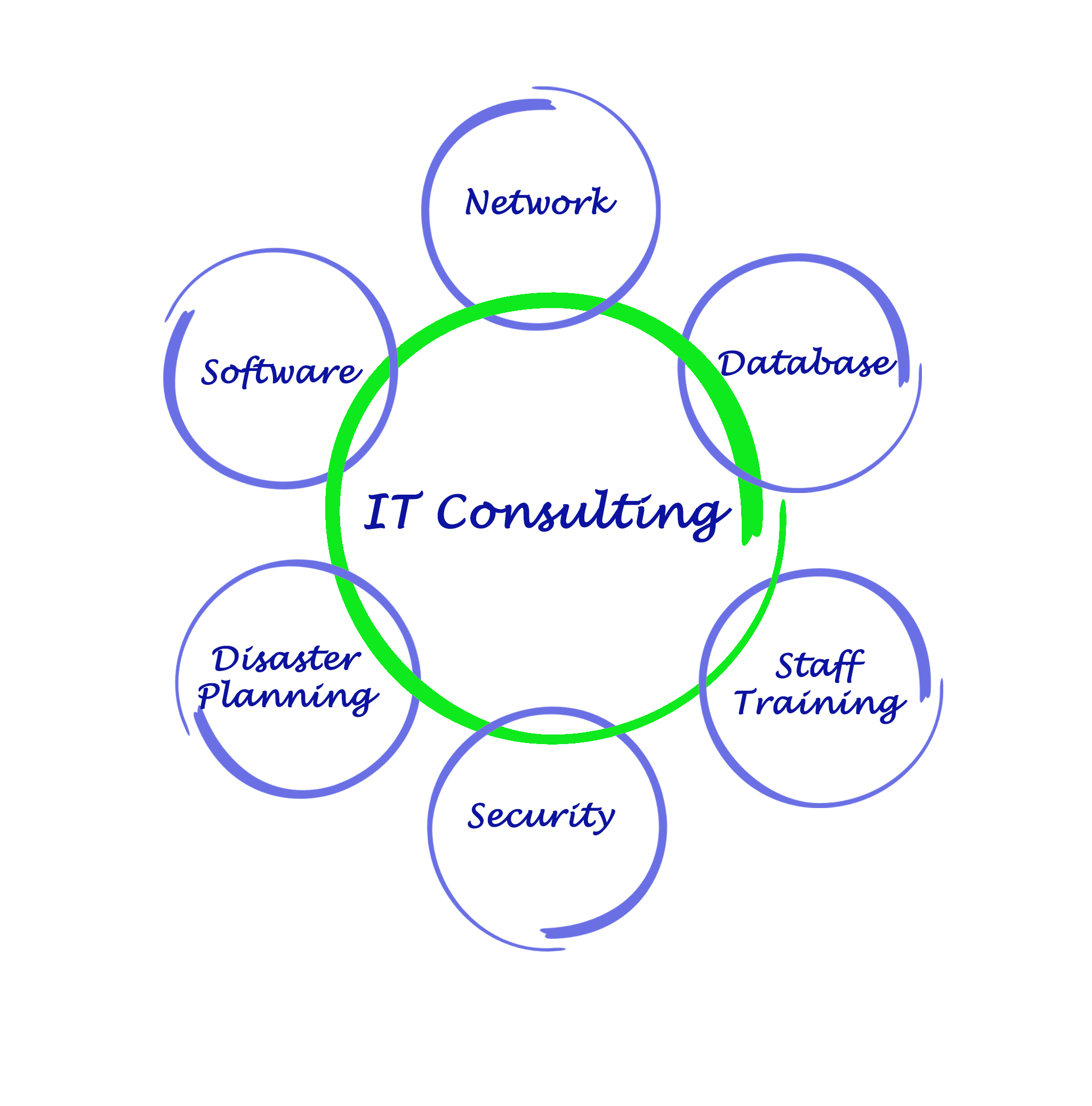
The key to managing your human capital is understanding and measuring your people's skills. Assessing these skills will enable your business to create a more accurate incentive system for pay and better alignment between salary and skill levels. By encouraging employees to increase their core competencies, a pay for skills system can help you reduce employee turnover and encourage retention. This will increase their satisfaction and help them stay longer in the company.
Employee engagement
Employee engagement is a vital component of managing human capital. It involves giving employees meaningful feedback and giving them a sense if purpose. This process gives employees a voice and allows them to express their concerns and ideas. Managers should regularly communicate with staff to understand their concerns, and provide feedback.
Employee turnover is one of the most significant factors affecting an organization's productivity. Gallup estimates that millennial turnover is costing organizations $30.5 billion each year. Engaged workers are more satisfied at work and are more likely stay in their current positions.
Performance management
Performance management for human capital aims to align the organization's strategy with employees' performance. It involves setting goals or objectives and ensuring everyone works in the same direction. It also involves setting and monitoring individual performance goals, as well determining compensation. Performance management also focuses on the identification and development of high-potential employees as well as key talents. This approach can be used for a wide range of purposes, such as hiring and firing, evaluation of performance, and identifying training opportunities.

The best performance system will incorporate employee engagement and performance improvement. Employees feel invested in learning and are motivated to improve their performance. Microsoft's gamification system for call center agents is an excellent example. The goal is to make sure employees have the skills and knowledge they need for their job. To be successful, the performance system should be integrated to the employee education program.
Compensation
If you want to attract the right talent, compensation is key. But it is crucial to remember that compensation isn't just about the money. It also involves how to motivate employees. A good compensation management system can help a company attract top talent, motivate current employees, and increase retention. The right compensation mix can help increase a company’s efficiency and revenue.
The goal of compensation management, is to ensure that wages and benefits are competitively negotiated and meet current needs. This requires the analysis of employment data and keeping current on complicated benefits administration rules. While compensation is important, it is also vital to ensure that employees are paid appropriately and on time.
Pay-for-performance
Pay-for–performance is a great tool to motivate employees and keep them motivated. This model allows employees to increase their wages by meeting specific targets. This model can also be used to help you hire better-skilled workers. Although this compensation model is not right for every company it can encourage top performers and motivate them to stay.
When implementing pay-for-performance, it is important to ensure that the CEO and HR departments are fully committed to this concept. When top management gets behind the concept, middle management is more likely to follow suit.

Learning
Employers can increase the value of their employees by using learning in human capital management. Learning can be a key part of any organization, no matter if you are hiring or promoting employees. One of the most important ways to improve your human capital is to understand industry trends and identify the needs of your staff.
One way to do this is to provide training for your employees. Proper training will help employees feel confident and excited about their jobs. Employees who feel confident and competent in their work will be more productive.
FAQ
Are you a qualified consultant?
Studying a subject deeply and then applying your knowledge is the best way for you to become an expert.
You can learn all you need to know to become a great consulting professional by starting to study now.
If you have a degree but no relevant experience, you may struggle to get hired. But, if your qualifications are comparable to those who have been hired, you might still be eligible to apply.
Employers will always search for candidates with real-world experience.
What does it cost to hire an expert?
The cost to hire a consultant depends on many factors. These include:
-
Project size
-
Time frame
-
Scope of employment
-
Fees
-
Deliverables
-
Other considerations such as experience level, location, etc.
What are the benefits to being a consultant?
Consultants are able to pick when and where they want to work.
This allows you to work wherever and whenever you want.
You also have the freedom to change your mind at any time without fearing losing your money.
Finally, your income can be controlled and you can set your own hours.
Who hires consultants
Many companies hire consultants to help with their projects. These can include small businesses and large corporations, government agencies as well non-profits and educational institutions.
While some consultants work for these companies, others are freelancers. In either case, the hiring process varies depending on the size and complexity of the project.
Before you can hire a consultant, there will be several rounds of interviews.
Do I need to seek legal advice?
Yes! Yes. Consultants can often create contracts with clients, without seeking legal advice. This can lead into problems down-the-road. What happens if the client cancels the agreement prior to the consultant's completion? Or, what happens if the consultant doesn't meet the deadlines set forth in the contract?
Avoid potential legal problems by consulting a lawyer.
What qualifications are necessary to become a consultant
It is not enough to have an MBA degree. You must also have experience as a consultant. Two years experience should be gained in consulting or training for a major corporation.
Your experience in strategy development projects requires that you work closely with senior managers. This means you'd have to be comfortable presenting ideas to clients and getting buy-in.
Additionally, you will need to pass a professional qualification such as the Chartered Management Institute Certified Management Consultant (CMC).
How do I start a LLC consulting business?
You must first figure out what you want to do as a service provider. Next, you must ensure that you are qualified to provide those services. It may also be beneficial to look for someone who is already qualified to do what you desire and to see how they work.
Once you have an idea of the content you want, you can then determine where your target audience is. If there aren't enough of them, you may need to create them.
You will then need to decide if it is worth starting your own business, or hiring others to do it.
A license from the state could be required to start your own consulting business. However, this can take some time and require legal fees.
Statistics
- So, if you help your clients increase their sales by 33%, then use a word like “revolution” instead of “increase.” (consultingsuccess.com)
- "From there, I told them my rates were going up 25%, this is the new hourly rate, and every single one of them said 'done, fine.' (nerdwallet.com)
- On average, your program increases the sales team's performance by 33%. (consultingsuccess.com)
- WHY choose me: Why your ideal client should choose you (ex: 10 years of experience and 6-week program has helped over 20 clients boost their sales by an average of 33% in 6 months). (consultingsuccess.com)
- According to IBISWorld, revenues in the consulting industry will exceed $261 billion in 2020. (nerdwallet.com)
External Links
How To
How to Find the Best Consultant
The first thing to do when looking for a new consultant is to ask yourself what you want from him/her. You should know exactly what your expectations are before you start searching for someone. Before you start looking for a consultant, make a list. This could include things like; professional expertise, technical skills, project management ability, communication skills, availability, etc. After you have listed your requirements, it might be a good idea to ask colleagues and friends for their recommendations. Ask them what their experience with consultants was like and how they compare to yours. Do some internet research if they don't have recommendations. Many websites allow people to post reviews about their work experience, including Angie's List and Indeed. Consider the ratings and comments of other candidates and use these data to start your search for potential candidates. Finally, once you've got a shortlist of potential candidates, make sure to contact them directly and arrange an interview. In the interview, discuss your needs and ask them for their suggestions on how you can achieve them. It doesn't matter if they were recommended to your company; all that matters is that they are able to understand your business goals and show how they can help.